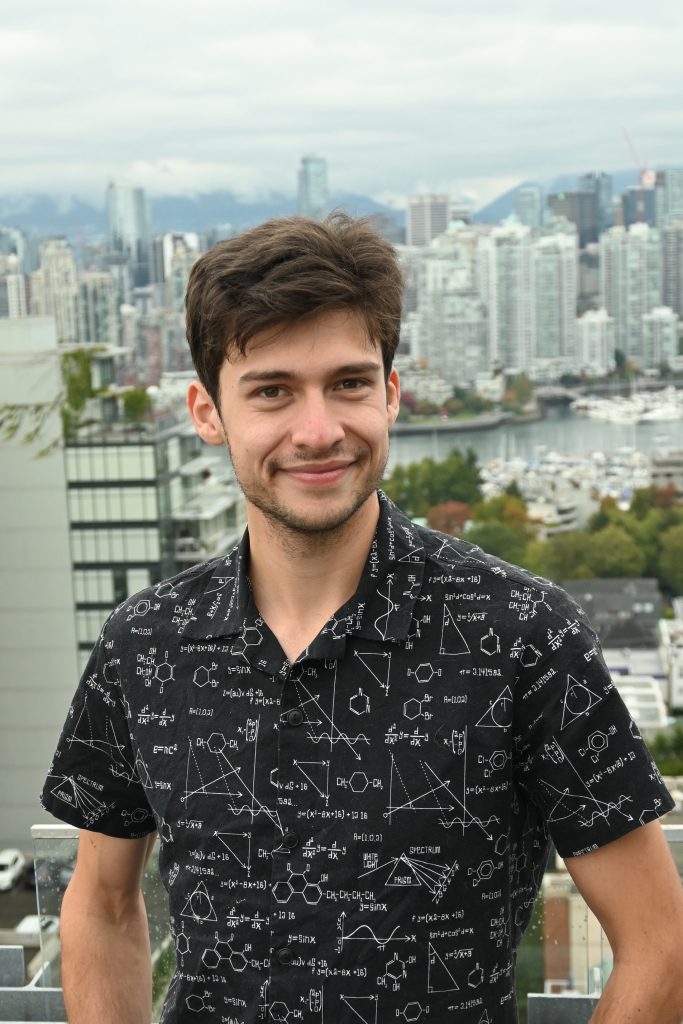
Dr. Adrian Tanskanen in the MacAulay lab has been selected as a BC Cancer Rising Star (post-doctoral award).
The Rising Stars program was established to celebrate Dr. Connie Eaves’ Gairdner Wightman Award, her election to the Royal Society in the UK and her appointment to the Order of Canada. A pioneer in her field, Dr. Eaves has been a mentor to many young researchers at BC Cancer and a long-time advocate for equal opportunities in cancer research.
Dr. Tanskanen’s research focuses on developing angular diversity contrast mechanisms in novel optical endoscopes for lung cancer detection. This builds off of a recent publication and patent which demonstrated potential for using higher-order modes in optical fibers to collect multiple simultaneous images of a sample.




















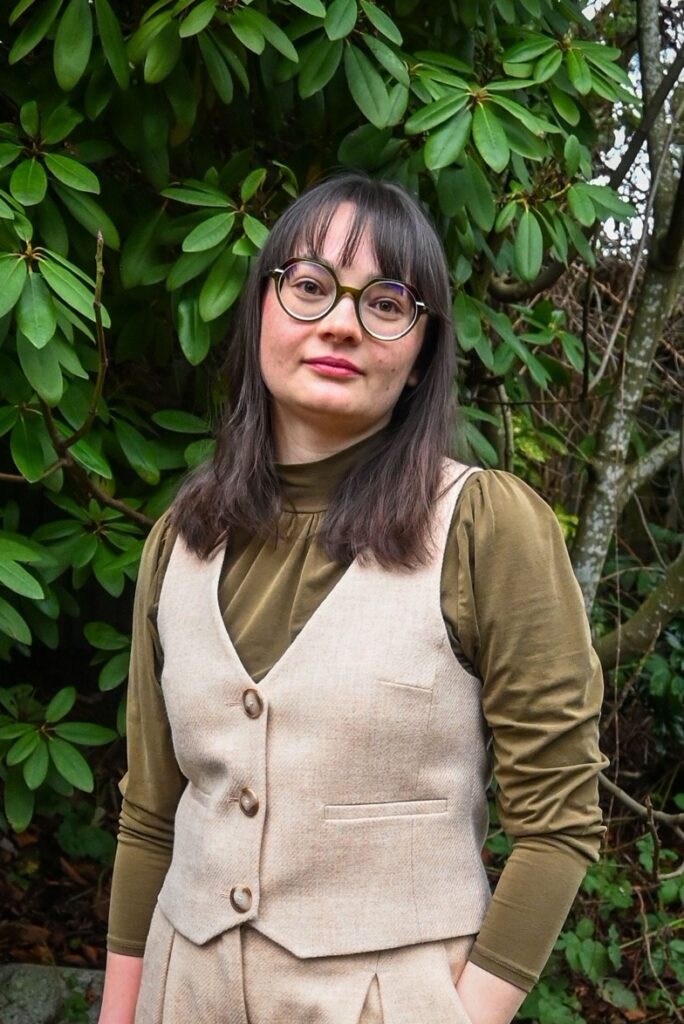
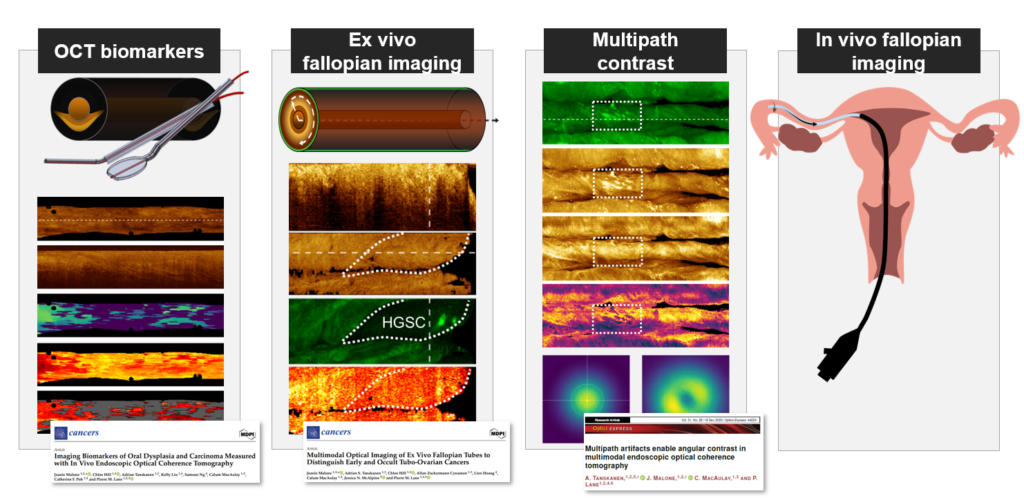
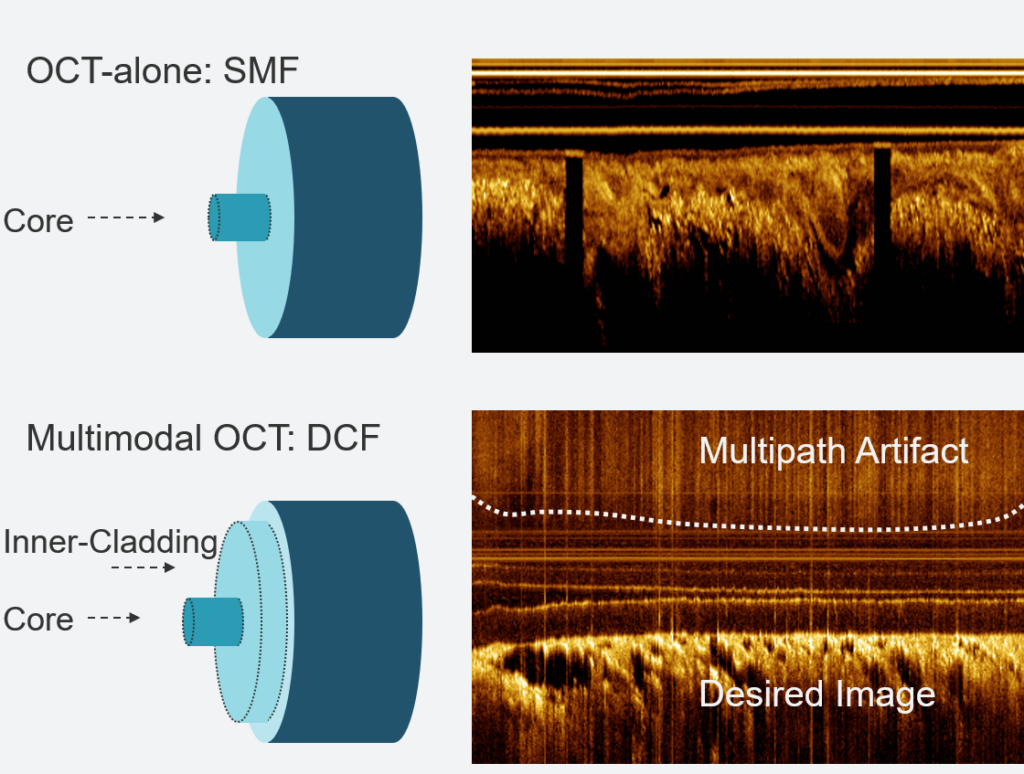
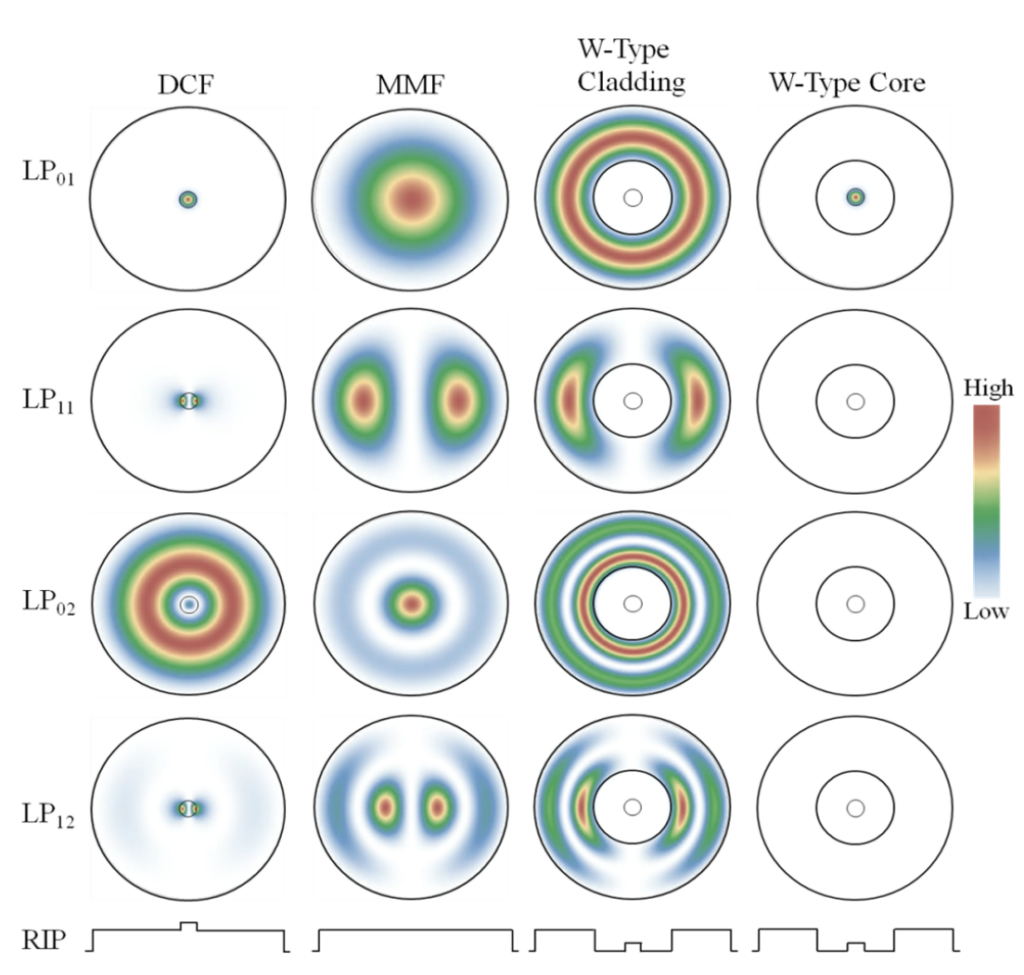
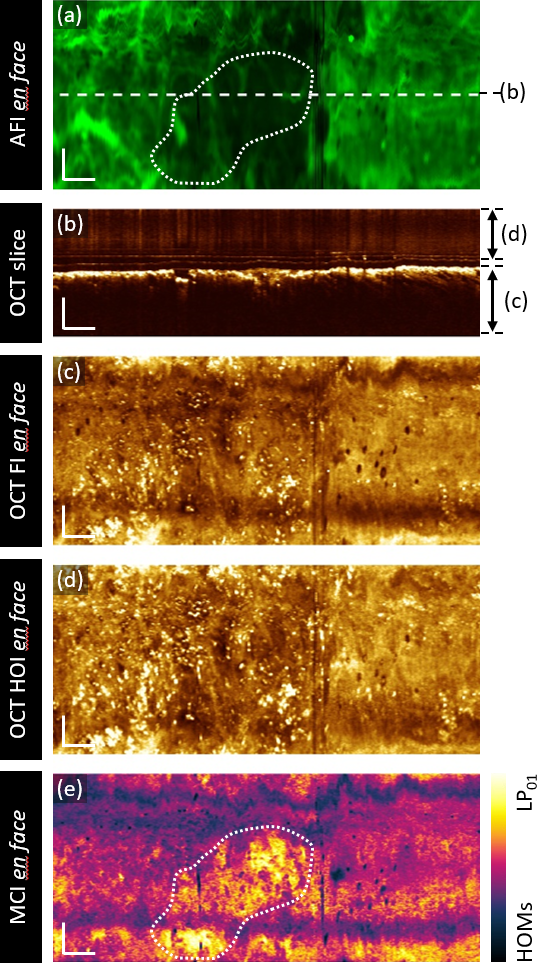
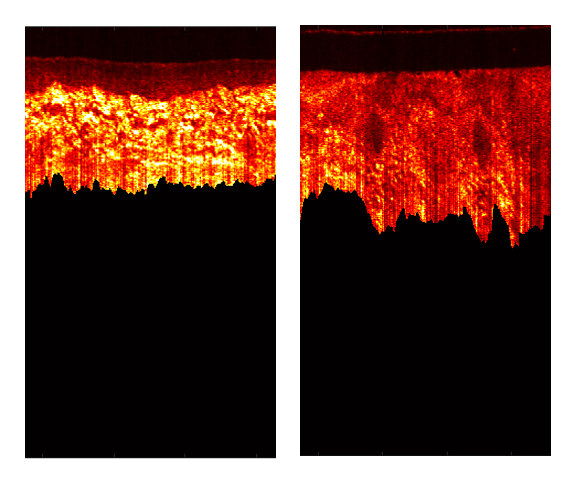
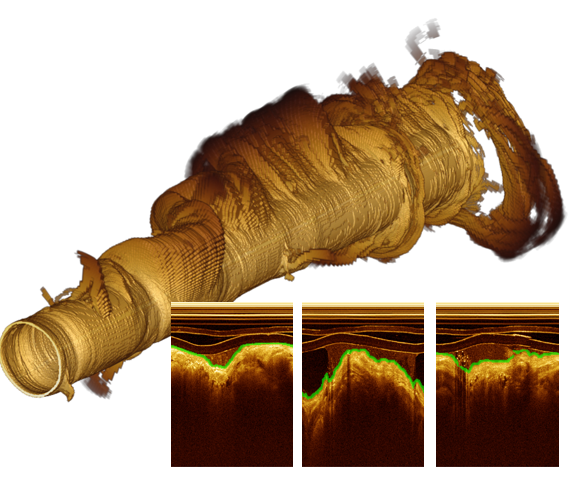
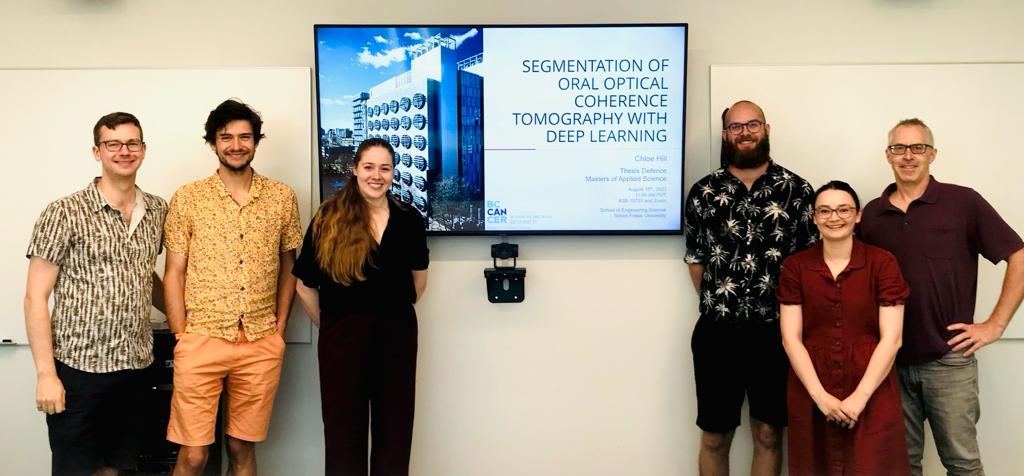
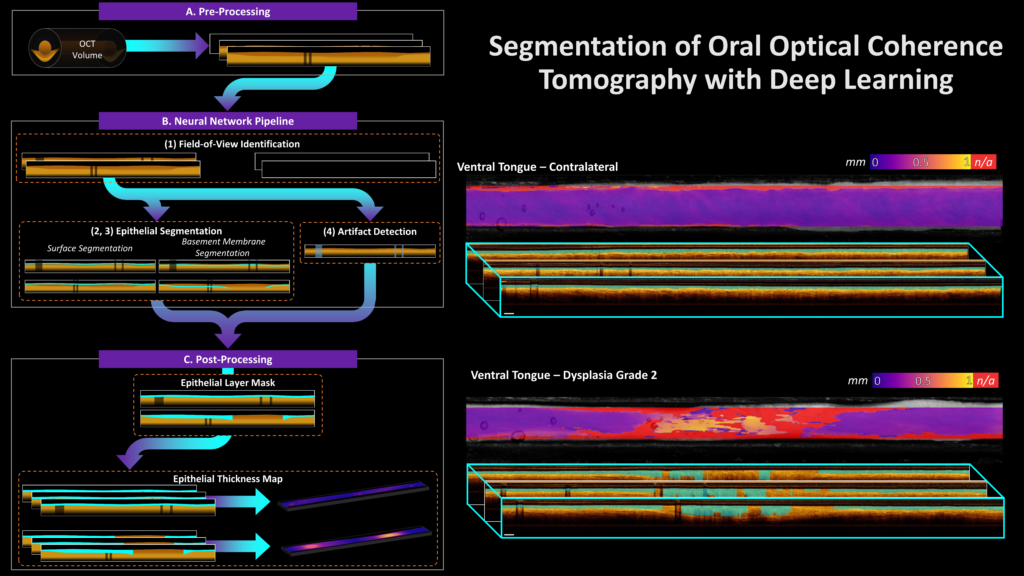
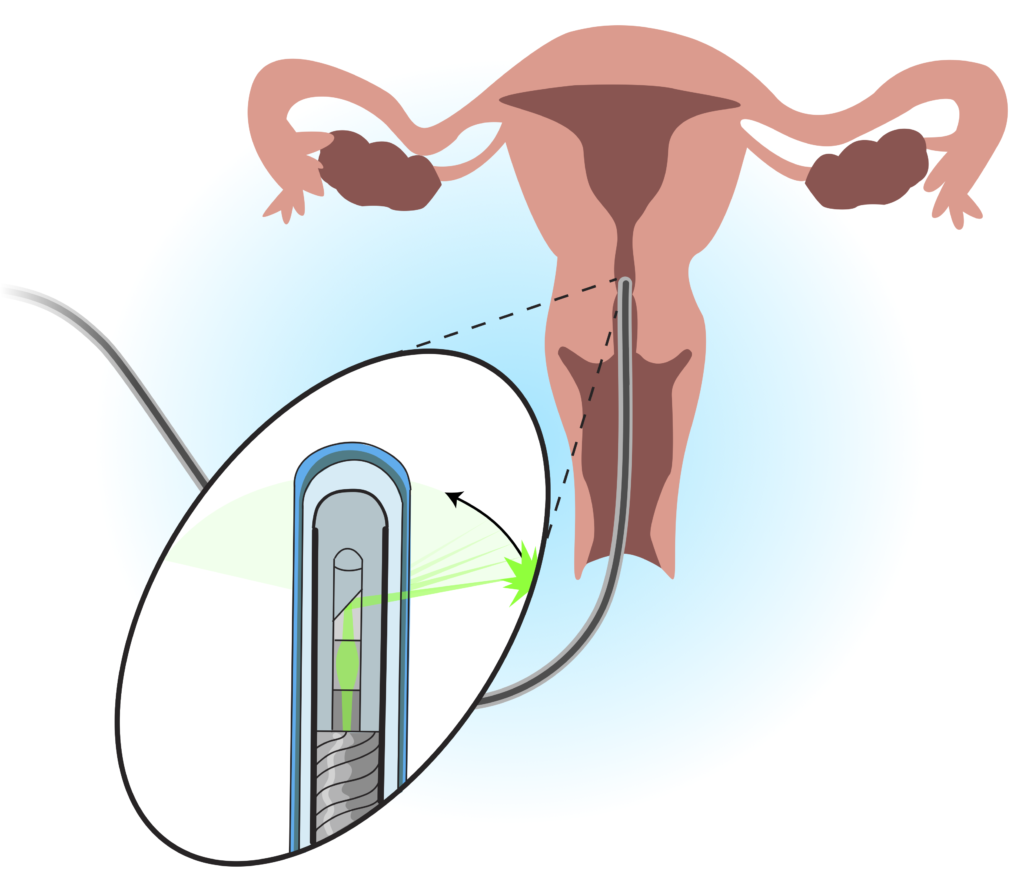

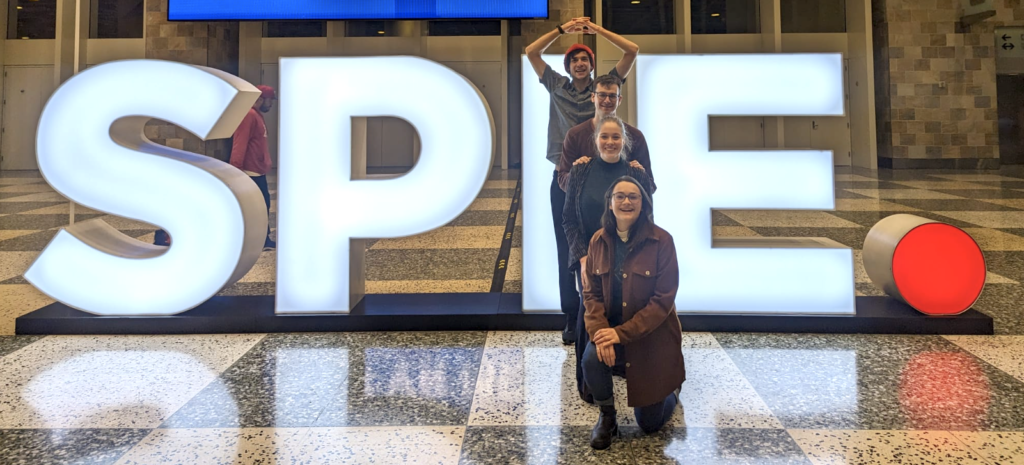
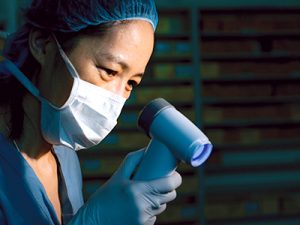 Fluorescence visualization may drastically reduce local cancer recurrence by helping surgeons better visualize the diseased area around a cancerous lesion. New findings from a study nearly a decade in the making suggest fluorescence visualization during oral cancer surgery drastically improves the accuracy of the removal of cancerous tissue. This significantly reduces local recurrence rates of oral cancer.
Fluorescence visualization may drastically reduce local cancer recurrence by helping surgeons better visualize the diseased area around a cancerous lesion. New findings from a study nearly a decade in the making suggest fluorescence visualization during oral cancer surgery drastically improves the accuracy of the removal of cancerous tissue. This significantly reduces local recurrence rates of oral cancer.